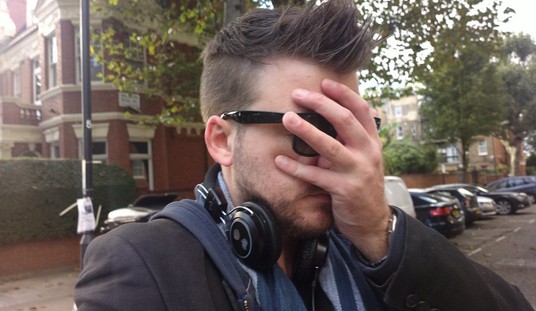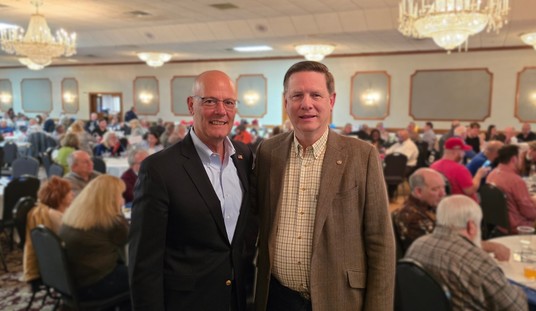On the evening of November 10th, 1918, General John J. Pershing – overall commander of the American Expeditionary Force in France – issued out his orders for the next day. They were for continued and unrelenting attack throughout the American sector of the line. Though the announcement had already been made to all units that a Cease Fire was to take effect at 11:00 am that following day, few had faith in its realities; General Pershing included. History tells us, however, that on that momentous day – at the 11th hour, of the 11th day, of the 11th month – the guns did indeed fall silent for the first time in four years and four months. With that general armistice of hostilities, the First World War effectively drew to a conclusion. It had cost some 13 million lives, the greatest tragedy the world had yet seen, and it made a permanent mark on the generation that had experienced it.
In 1938, Armistice Day, as it was then called, became an official U.S. National holiday. However, the 11th of November had been traditionally honored the world over ever since the first anniversary of peace following the war in 1919, and recognized by our Federal Government as early as 1925. It was the fashion in those days that at 11:00 am, no matter where you were, everything would cease at that hour for one fill minute of silence, when everyone’s thoughts would turn to the sacrifices made by our men overseas during the ‘Great War’. All traffic lights in cities would go red; telephones would stop ringing; radio stations would fall silent. For that minute at least, once a year we all came together as a nation to remember.
Armistice Day was changed to Veteran’s Day in 1954, following a Second World War and the conflagration in Korea, and the meaning of the day changed to include honoring all of our soldiers who had fallen overseas in all foreign wars. Suddenly, that minute of silence became very crowded. I well remember as a boy in Wisconsin in the early 1970’s the announcement coming over the PA in school when ‘the minute’ was about to be observed, and the silence filling the school that followed. We learned to respect it and to truly know its meaning from teachers who were not out to drill their own personal agenda into us. We were taught the truth: that their sacrifice had bought us our freedom and insured our way of life, and we were taught to be grateful for that.
But somewhere along the way, that minute of silence faded away and was forgotten. It is no longer practiced across the broad section of the country (just as the Pledge of Allegiance is no longer said in the morning at most schools), and the meaning of the day has been generally skewed from that of honor to that of lamentation. Too many have grown contemptuous of the previous sacrifices made, questioning their validity as the way they are taught the history of those sacrifices has changed. While there are still many that do remember why the day exists, all too many don’t as agendas have trumped respect, truth, and honor in American education. This is a true travesty, as no man or woman’s sacrifice in the cause of freedom should ever be forgotten. Once we forget that cost, then we begin to take for granted those very freedoms they bought for us with their lives. Complacency breeds contempt.
Five times I have trod the battlefields of France from that long ago first global conflict. Three times I have led others across them, explaining what happened where. And one stop that I never fail to make while over there is to the Meuse-Argonne American Cemetery at Romagne-sous-Montfaucon, the largest cemetery of American war dead in Europe, with 14,246 graves; all from the First World War. And each time I bring pilgrims with me to the site, I remind them this: the war cemeteries in Europe are not like veteran’s cemeteries back home. While both are filled with men who served and defended our beliefs, the ones back home contain men who also built the way of life that we enjoy today. They raised families and helped others to; started business’s and built industry; created marvelous inventions and intellectual properties; dug the ditches and prevailed over the board rooms; built the Cadillac’s and drove the Cadillac’s; they farmed, and banked, and trucked, and bought and sold, and raised our standard of living to the highest in the world. They came home and lived.
The men who lie in France did not.
So on Sunday, while you go about your day and live your life, give just a minute of thought to those who enabled you to be able to do that, won’t you?
And while you’re at it, count your blessings.








Join the conversation as a VIP Member